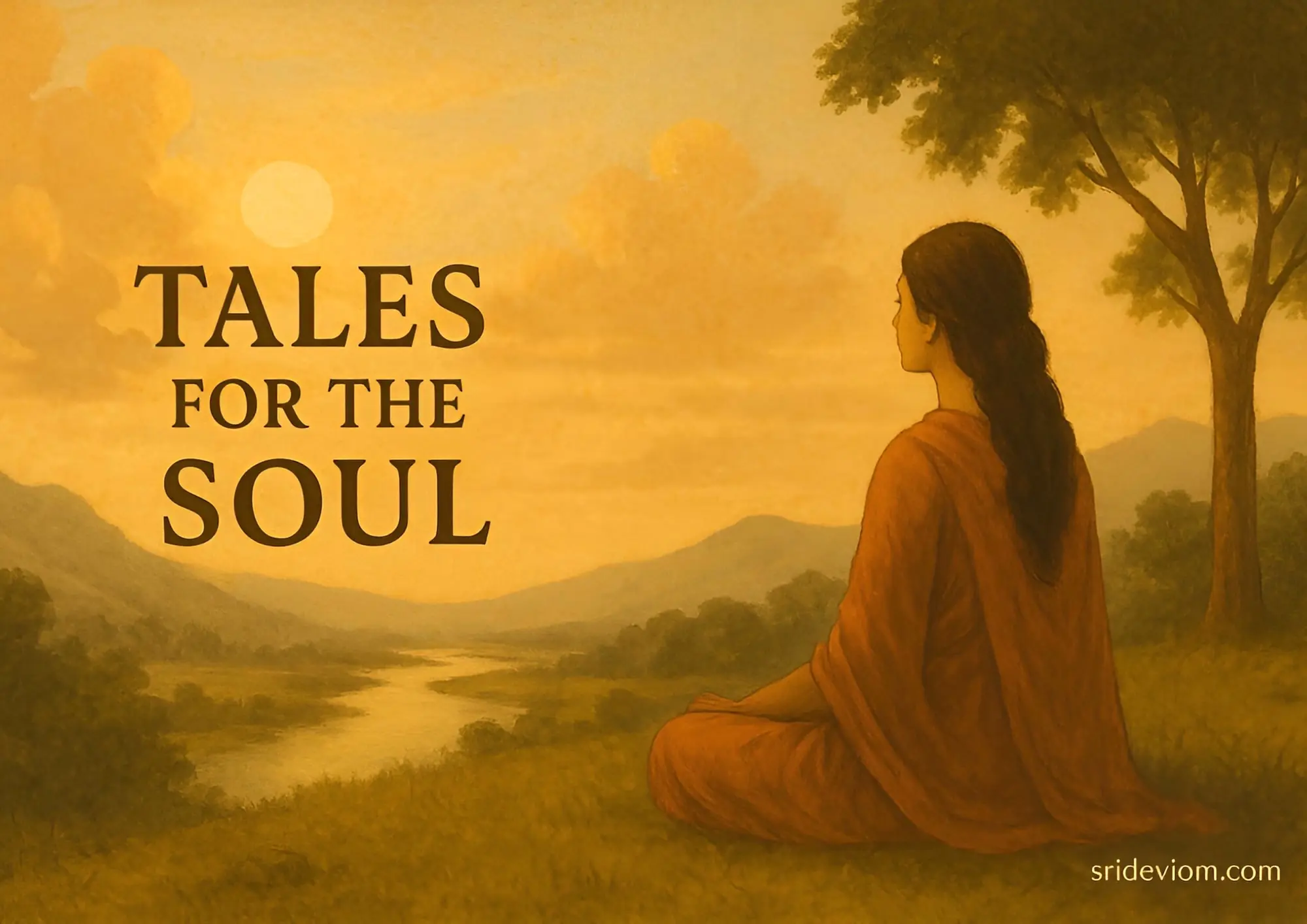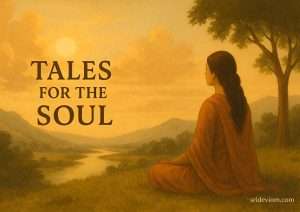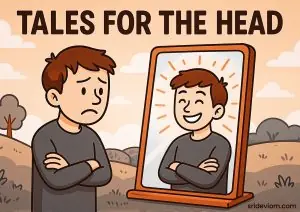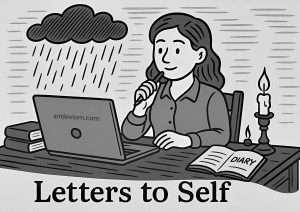Don’t Judge — A Zen Tale

Deep in the middle of a dense forest stood a quiet Buddhist monastery. There, an abbot lived along with his young trainee monks. Under his guidance, they practiced the virtue of kindness in thought and deed.
From time to time, the abbot left the monastery to guide his disciples who lived in nearby villages. On one such occasion, he was away for a long while.
In his absence, the trainee monks continued to practice kindness. As part of their daily offering, they began feeding the deer that wandered near the monastery.
At first, the deer were wary and kept their distance. But gradually, they drew closer. In time, they ate the food placed before them without hesitation. Soon after, they began eating from the monks’ very hands.
When the abbot finally returned, the monks joyfully told him about their compassionate work. “Master,” they said with pride, “the deer now trust us completely.”
The next morning, as the deer approached, the abbot watched silently. Then, without warning, he picked up a long cane and struck at them fiercely. Terrified, the deer bolted into the forest and never returned.
The monks were shocked. Some trainees even left the monastery in dismay. The few who remained approached the abbot and asked, “Master, you teach kindness, yet you have acted with such cruelty. How could you harm those innocent creatures?”
The abbot listened calmly. “The deer ate from your hands today,” he said. “Tomorrow, they would have eaten from a hunter’s hands. I taught them never to trust humans. You thought only of the present — I foresaw their future.”
The trainees fell silent, ashamed of their haste.
The abbot continued, “You practiced kindness. I practiced compassion,” the abbot said. “Until kindness becomes compassion, one remains a trainee monk.”
Better Not to Judge
At times, compassion may appear as unkindness, cruelty, or even rebellion. And so, we should never judge others by their actions alone.
An act by itself means little; it is the intent behind it that gives it truth. And since intentions are hidden from us, wisdom lies in seeking understanding rather than passing judgment.
We may remain cautious and discerning, but it is against Dharma to judge or label anyone as good or evil.
A Zen parable, retold by Sri Devi Om.
Disclaimer: “Tales for the Soul” are fiction inspired by scriptural and moral themes. They serve as contemplations on Dharma — goodness, integrity, and grace — that pave the way to the divine. All characters and events portrayed in these are fictitious representations.




